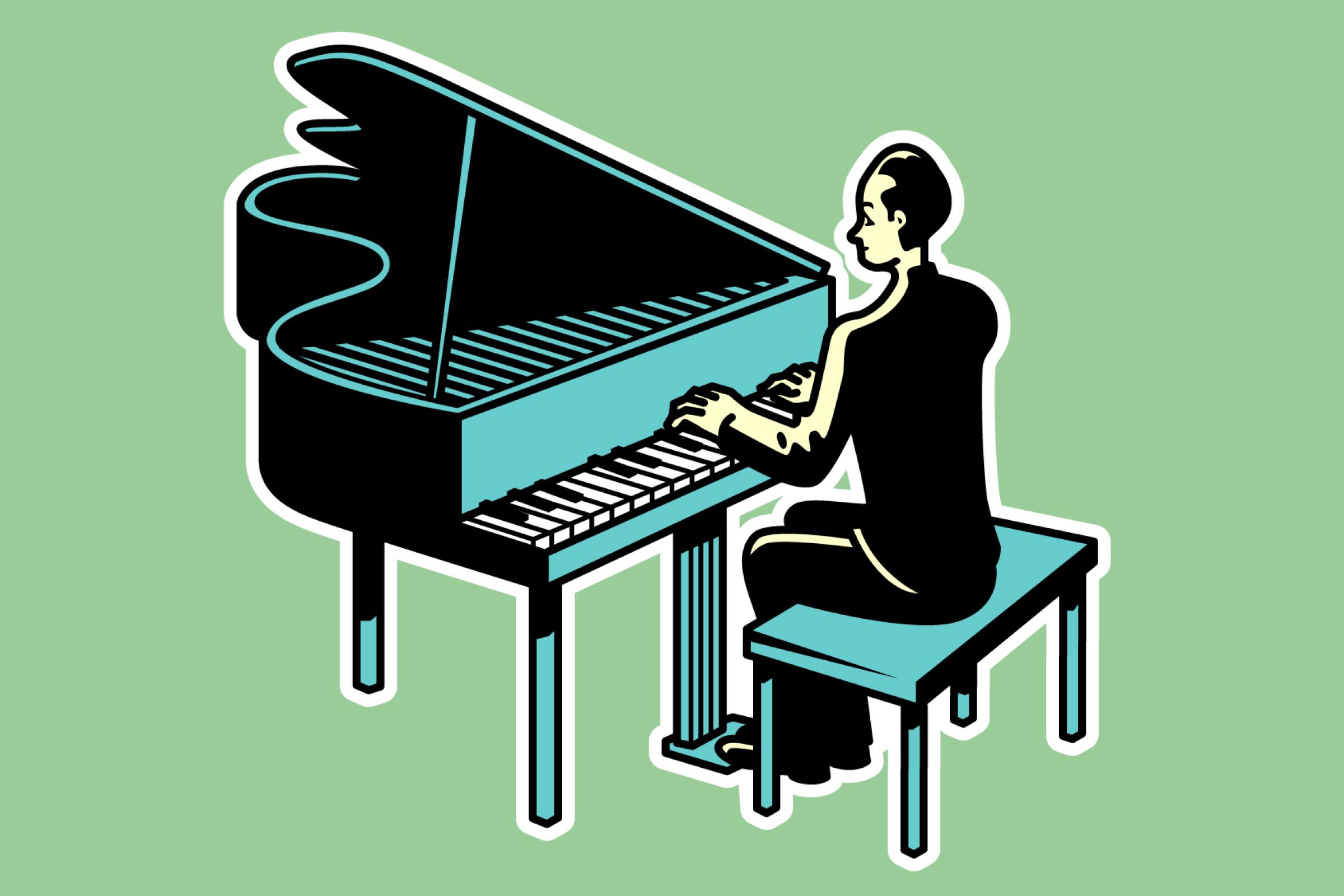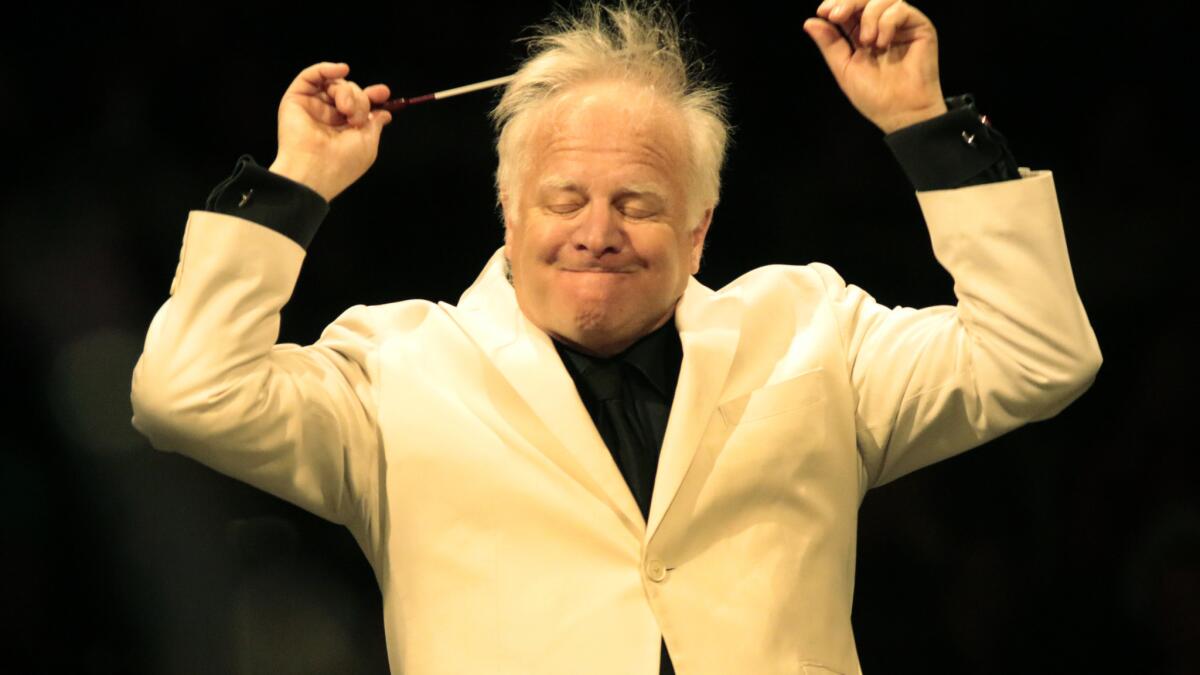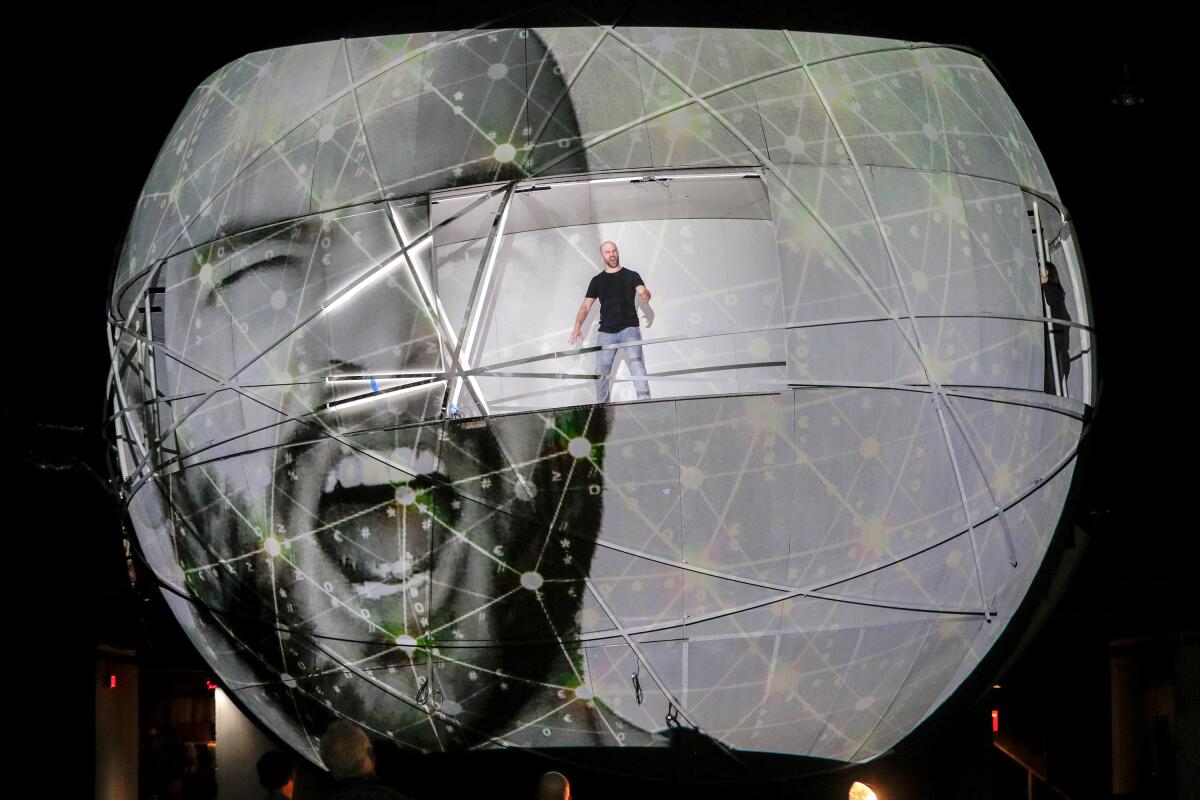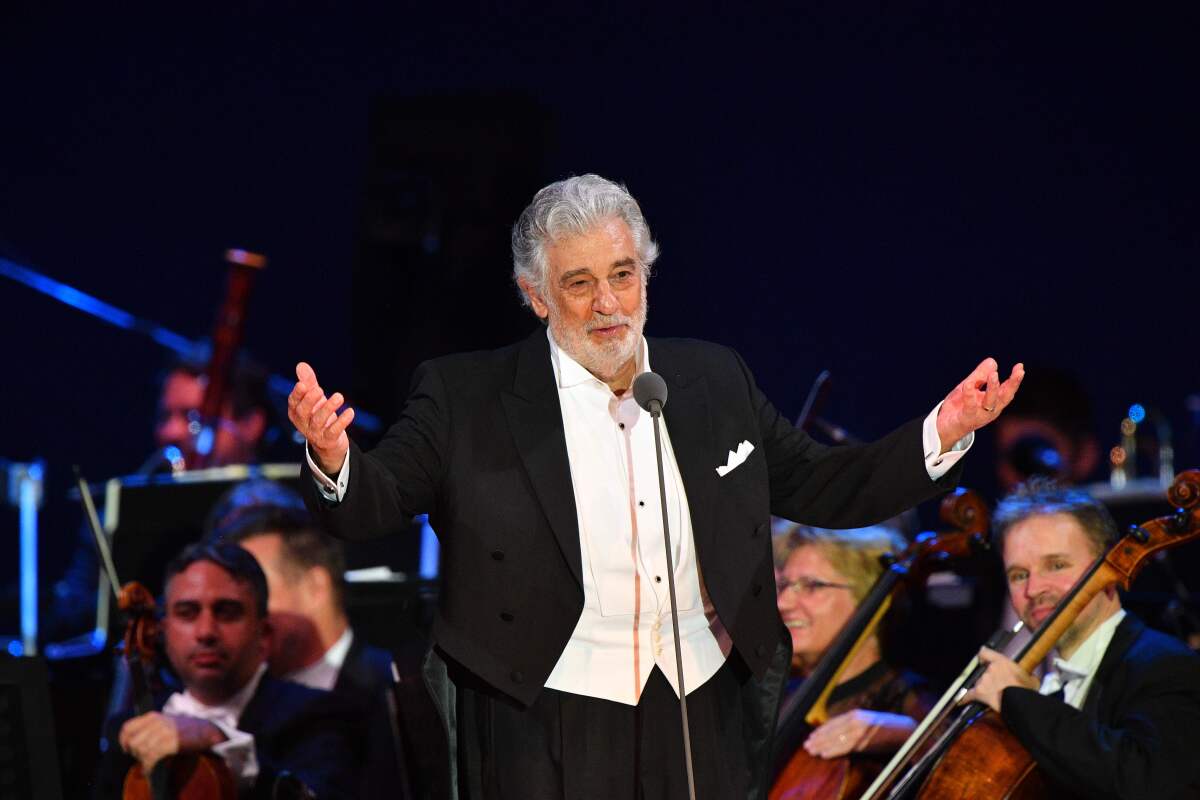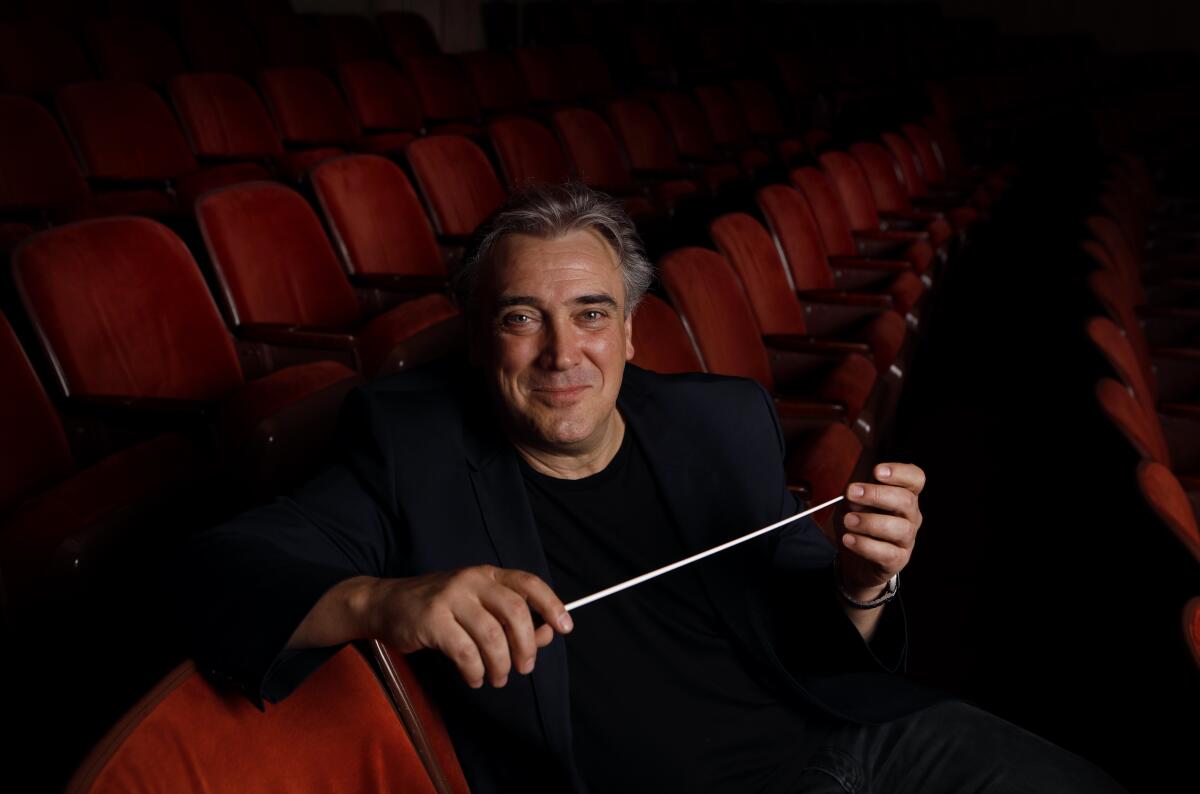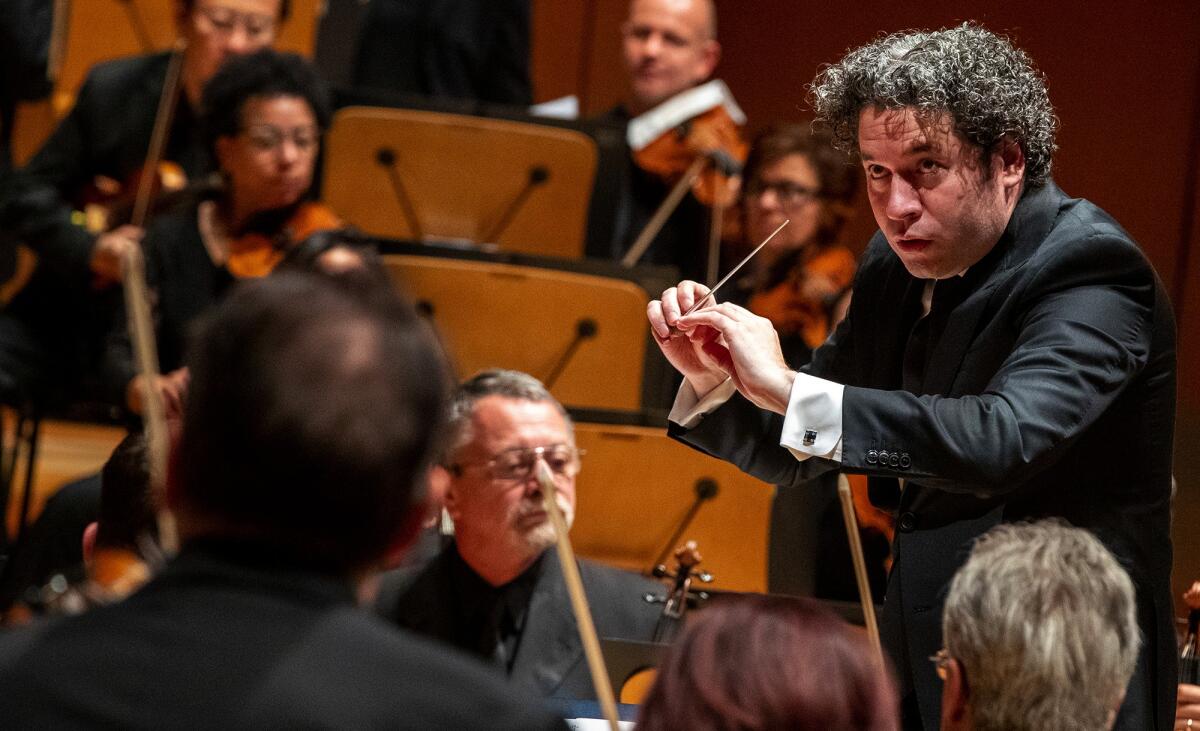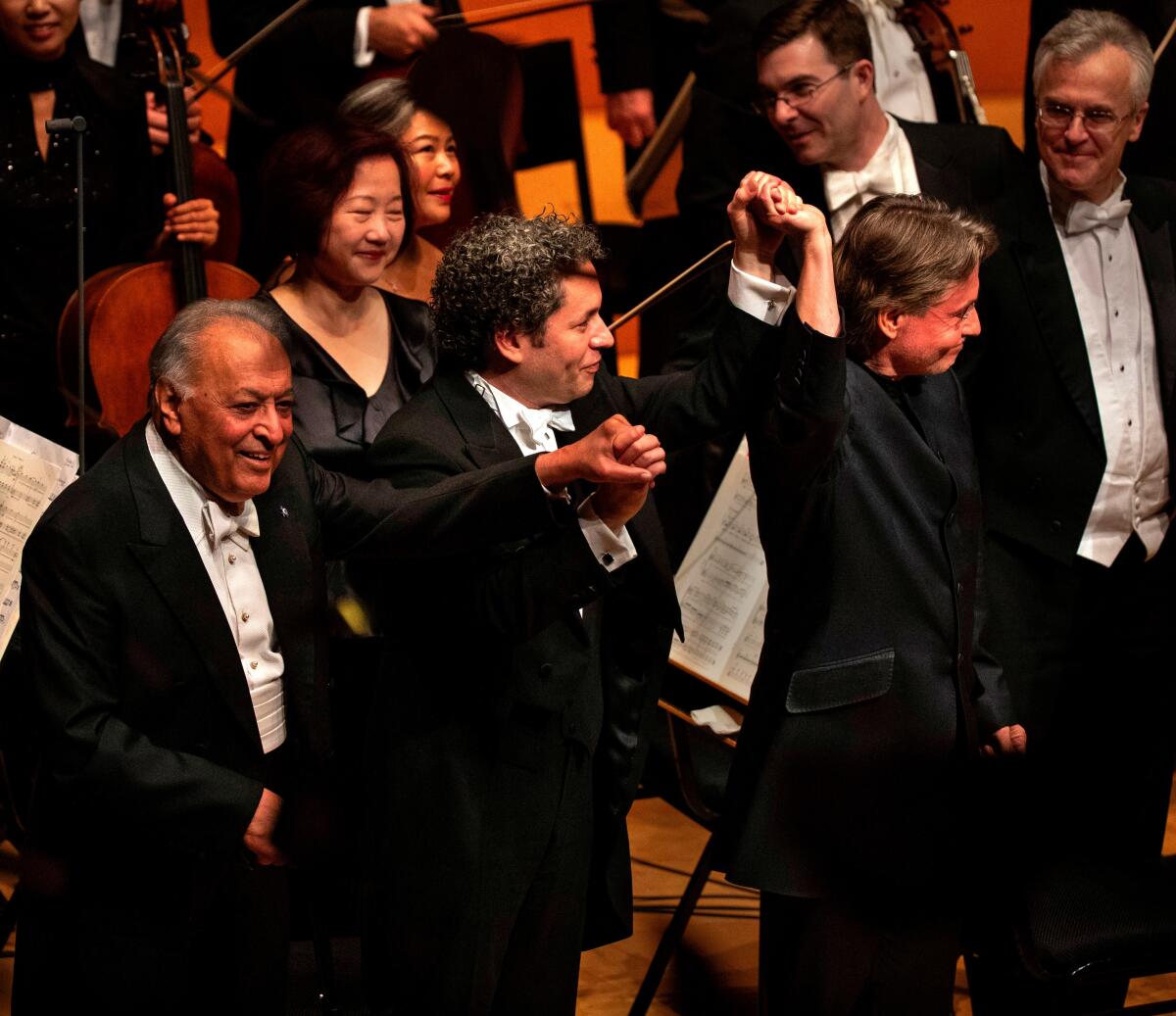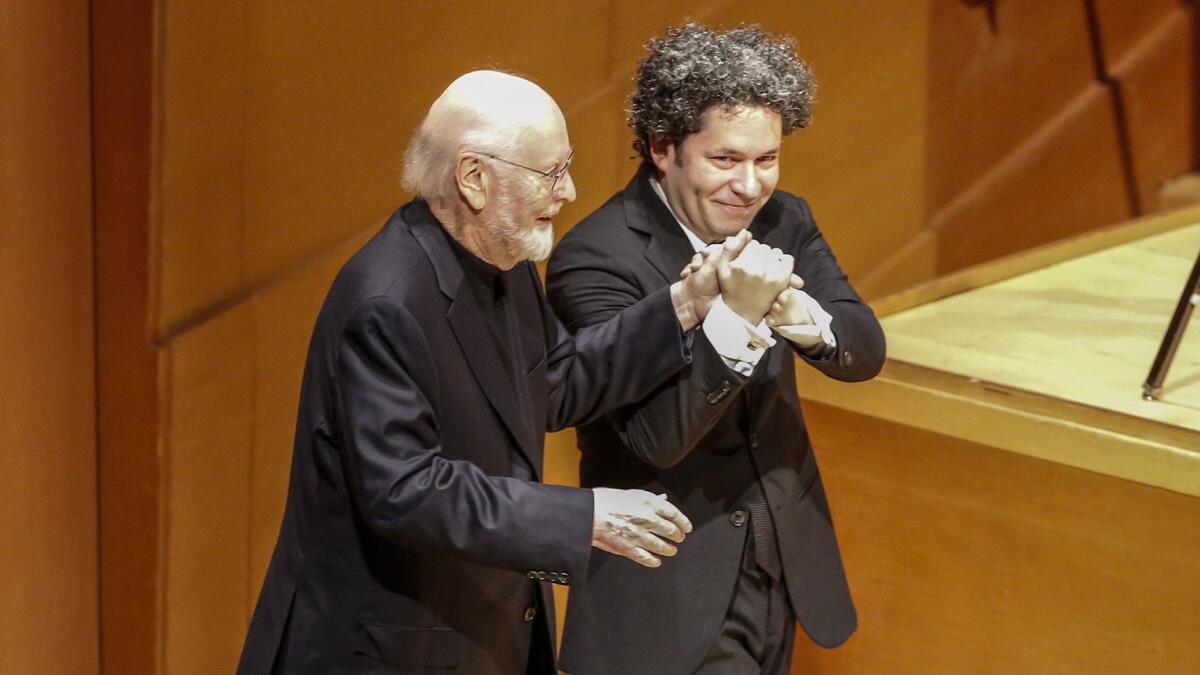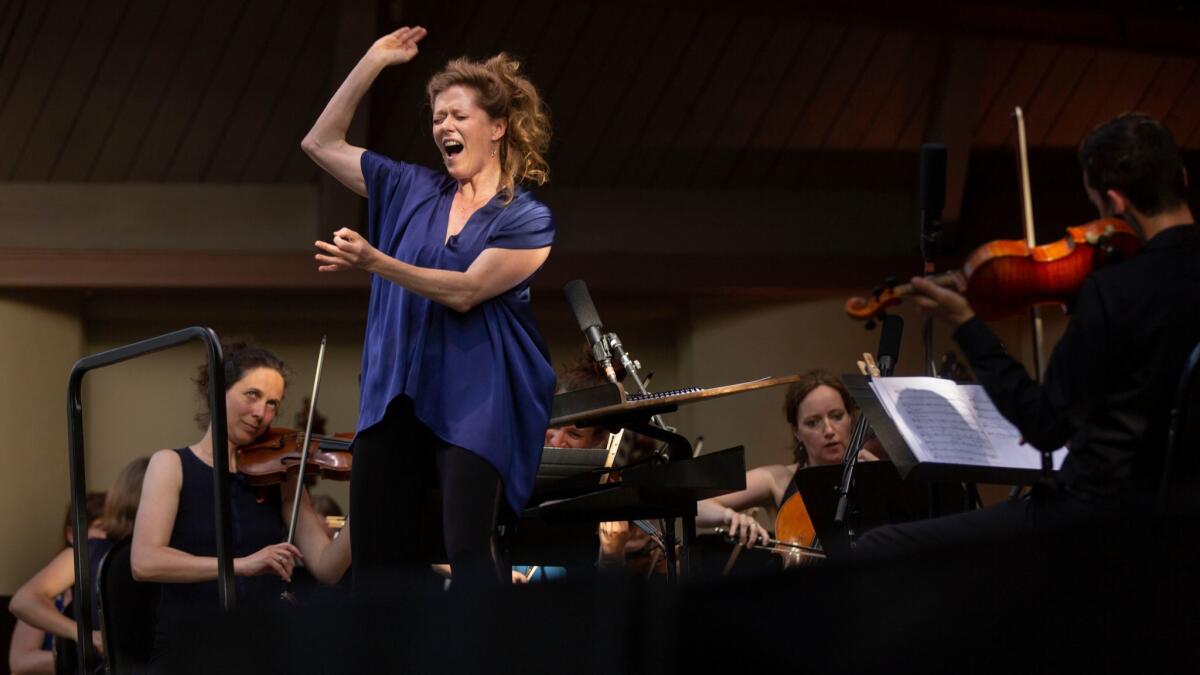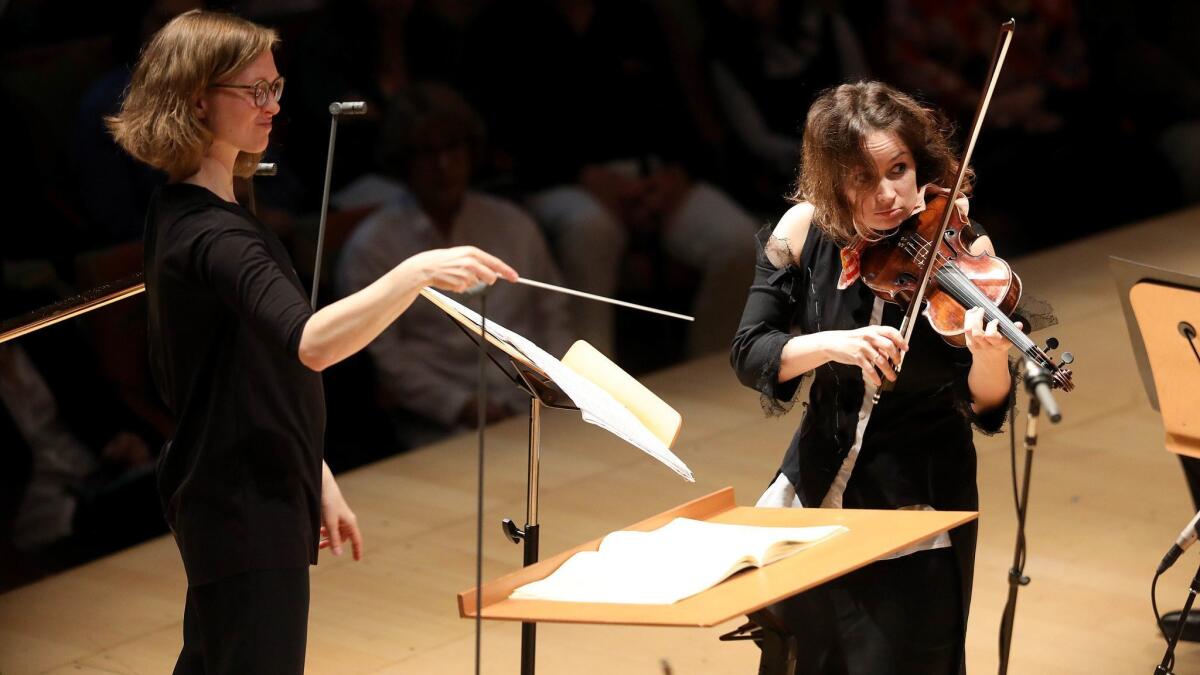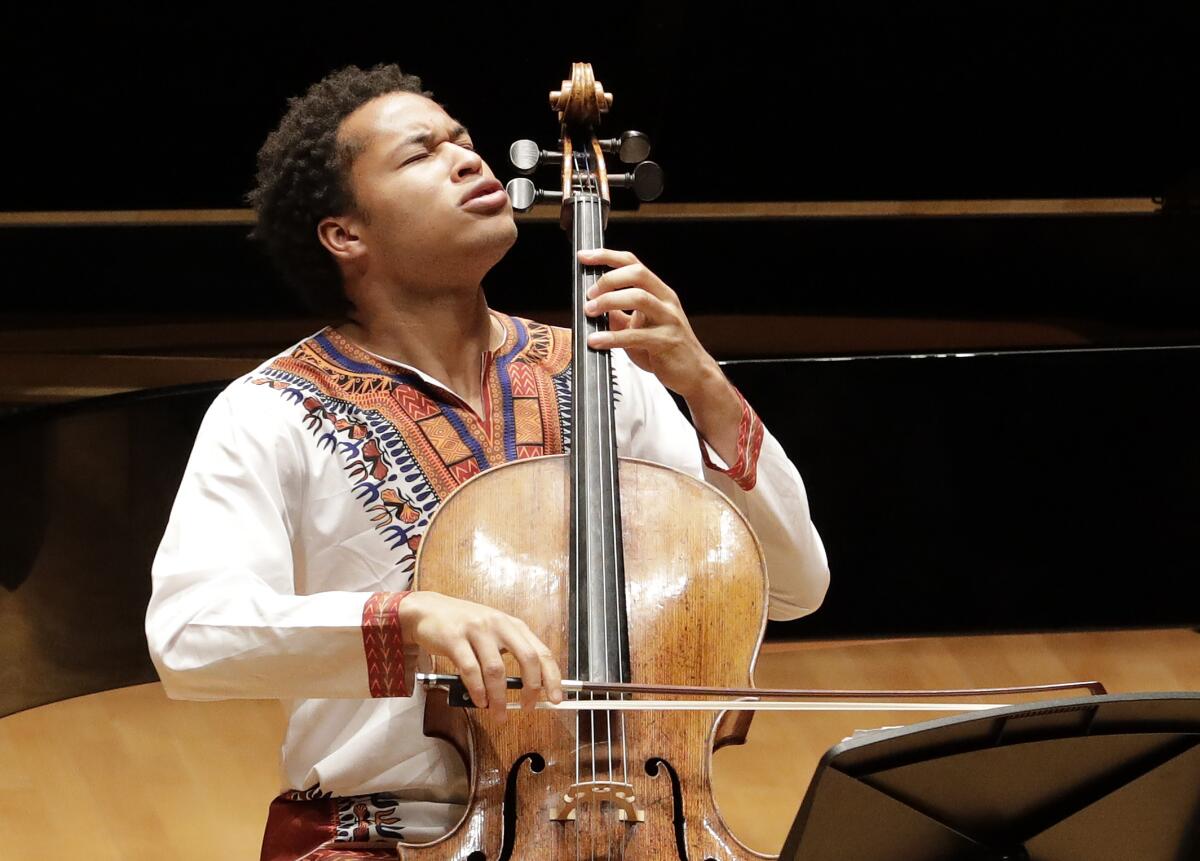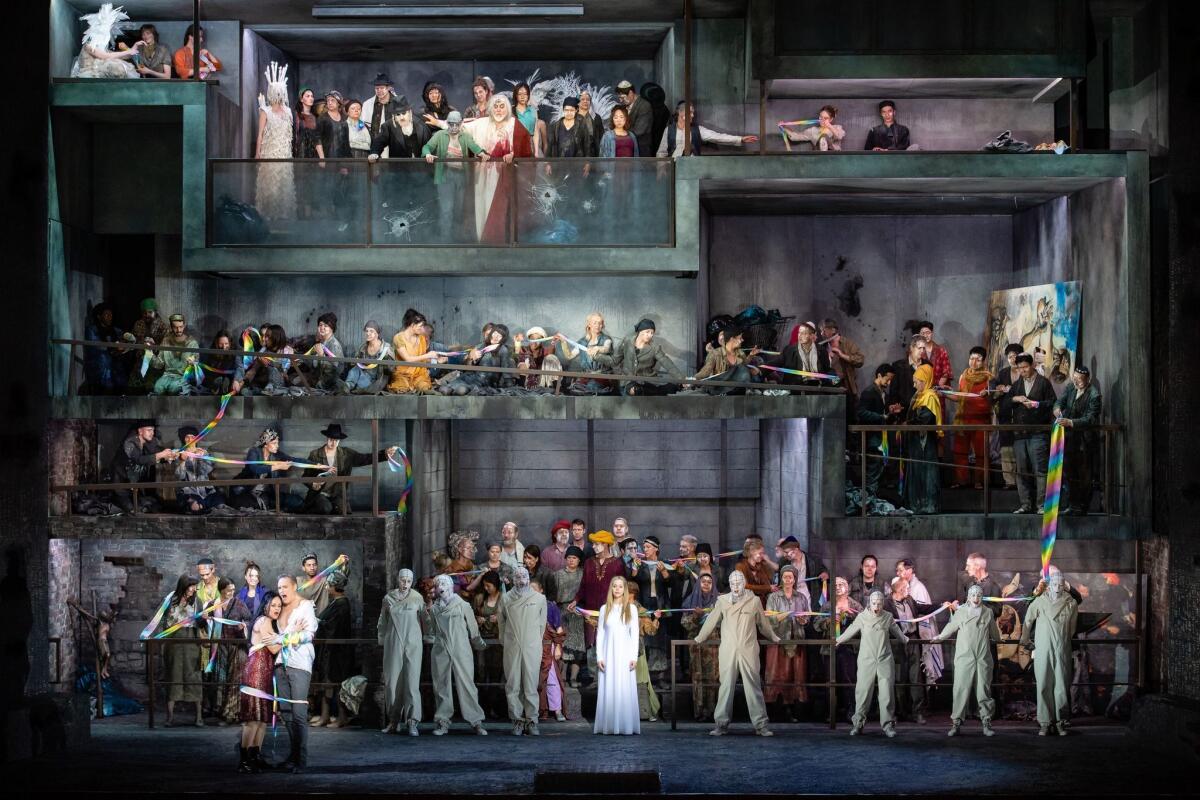It’s the end of a big year for classical music. It’s the end of a big decade for classical music.
The biggest story of all has been the stellar rise of the Los Angeles Philharmonic, becoming surely the most successful arts organization of the century so far through an insurmountable belief in the value of music to the betterment of humanity. The vision has been if you build a better concert hall, make new music widely available, and view the world through the lens of music and give it to kids who wouldn’t otherwise have it, good things happen. Esa-Pekka Salonen and Gustavo Dudamel, through the L.A. Phil, became transformative conductors, empowering a new generation that includes Mirga Grazinyte-Tyla, Lionel Bringuier and most recently Paolo Bortolameolli.
This year the L.A. Phil’s centennial season ended after five-dozen-plus commissions, fanciful Fluxus events (including the making of a giant salad onstage for the audience) and numerous ambitious projects. Most important, it inspired others here and elsewhere, championing the efforts of young groups and simply showing that pursuing dreams matters.
